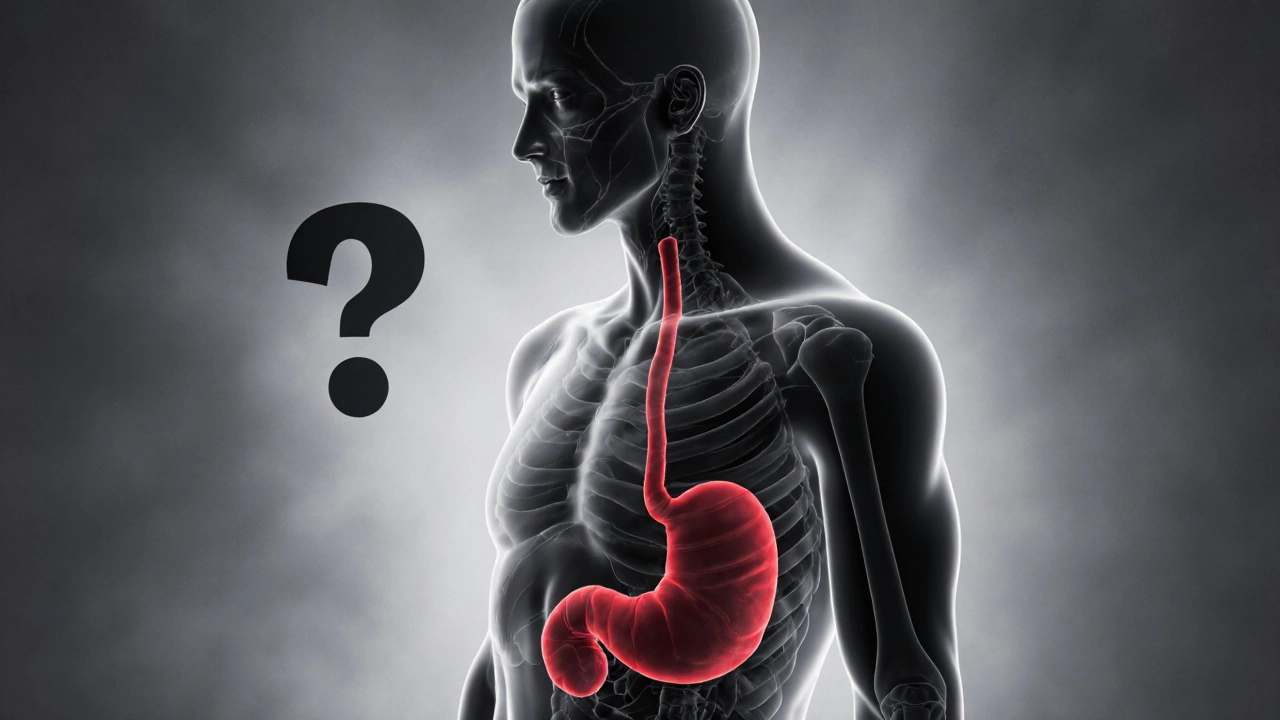Cancer Fear Statistics: What Really Matters and How to Face It
When people hear the word cancer, a group of diseases characterized by uncontrolled cell growth that can spread through the body. Also known as malignant tumors, it's one of the most feared health threats worldwide. The fear isn’t just emotional—it’s shaped by what we see in the news, stories from friends, and misleading headlines. But the truth? Many cancer fear statistics don’t match reality. For example, while nearly 1 in 2 people in India will face a cancer diagnosis in their lifetime, more than 60% of those diagnosed today live at least five years—or longer—with proper care. The biggest killer isn’t always the cancer itself, but the delay in seeking help because of fear.
What drives this fear? Often, it’s confusion between cancer survival rates, the percentage of people alive a certain number of years after diagnosis, which vary widely by cancer type and stage and cancer diagnosis anxiety, the intense stress and dread people feel after hearing the word ‘cancer,’ even before any test results are confirmed. A study from the Indian Council of Medical Research found that over 70% of people who suspect they have cancer wait more than three months before seeing a doctor—mostly because they’re afraid of the diagnosis. Meanwhile, cancers like breast, thyroid, and prostate have five-year survival rates above 80% when caught early. Even pancreatic cancer, often called the deadliest, has seen survival rates rise 30% in the last decade thanks to better screening and targeted therapies.
Here’s the real takeaway: cancer isn’t a death sentence anymore. It’s a condition you manage, often for years. The difference between living and dying isn’t just medicine—it’s timing. Early detection through simple screenings like mammograms, Pap smears, or even noticing unusual lumps or persistent fatigue can turn a deadly prognosis into a manageable one. And while fear is natural, letting it stop you from acting is what makes the statistics worse.
What you’ll find below are real stories, hard data, and clear advice from people who’ve been there—whether it’s understanding why stage 4 cancer patients still have options, how chemotherapy works in advanced cases, or what survival really looks like after treatment. These aren’t abstract numbers. They’re lives. And they show that facing cancer with knowledge beats facing it with fear every time.
Which Cancer Is the Most Feared? Rankings, Risks, and Survival
Explore why pancreatic cancer tops the fear list, compare it with lung, brain, breast, and colon cancers, and learn steps to reduce anxiety and risk.
read more
